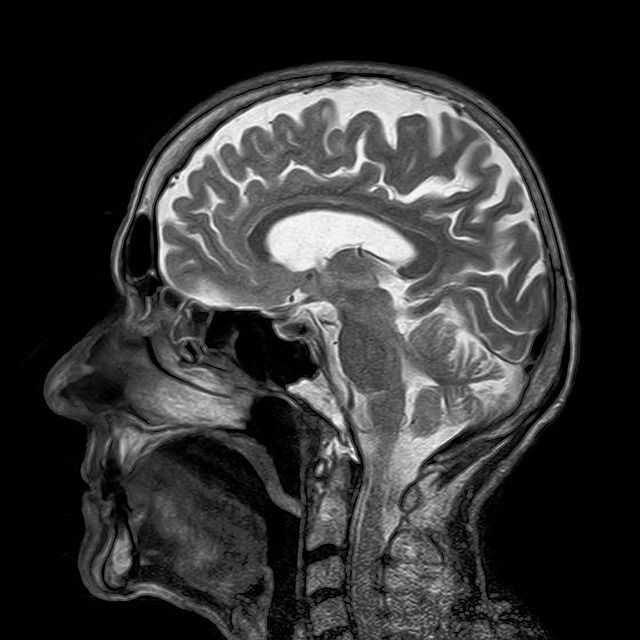AI vs. Humans: Are Diagnostic Robots Just ‘As Good’ As Doctors?

Artificial intelligence (AI) algorithms are constantly proving their ability to save human lives by "reading" and interpreting diagnostic test results much faster than human doctors, thereby allowing patients to receive proper medical treatment much sooner.
The value of AI as a medical diagnostic tool was again proven, this time in a new trial conducted by University College London (UCL). This trial showed an AI algorithm specifically designed for diagnostics can read patient medical tests in a fraction of the time it takes a human doctor to do so -- but with equal accuracy.
It showed an AI can diagnose a patient’s heart function on a cardiac MRI scan in a scant four seconds. It currently takes a skilled human doctor at least 13 minutes to get this job done.
In a study published in the journal, Circulation: Cardiovascular Imaging, a team of researchers "trained" a neural network to read the cardiac MRI scans using results from nearly 600 patients. They tested the AI's precision against an expert cardiologist and a medical trainee in reading MRI scans from 110 patients from multiple health centers in the United Kingdom.
After comparing notes, researchers found no significant difference in accuracy from readings by the AI and the two humans.
"Cardiovascular MRI offers unparalleled image quality for assessing heart structure and function," Dr Charlotte Manisty, who led the UCL research, said.
“However, current manual analysis remains basic and outdated. Automated machine learning techniques offer the potential to change this and radically improve efficiency, and we look forward to further research that could validate its superiority to human analysis."
Dr Manisty said their dataset of patients with a range of heart diseases that received scans enabled the team to demonstrate the greatest sources of measurement error arise from human factors.
She said this indicates automated techniques such as AI are at least as good as humans. Automated techniques also have the potential soon to become "super-human" by "transforming clinical and research measurement precision."
Another study, which is published in the peer-reviewed journal, The Lancet, reviewed 14 studies that compared the performance of AI and health professionals. It was conducted by doctors at University Hospitals Birmingham NHS Foundation Trust.
“Within those handful of high-quality studies, we found that deep learning could indeed detect diseases ranging from cancers to eye diseases as accurately as health professionals," Prof. Alastair Denniston from University Hospitals Birmingham said.
“But it’s important to note that AI did not substantially out-perform human diagnosis.”
Published by Medicaldaily.com



























